“In the West, luxury for young consumers is about the lifestyle, experience and community. In China [they are] looking for brands that are emerging, more exclusive, and perhaps much harder to find. Independent boutiques can really shine in all these cases.”
Many of the world’s most successful independent fashion boutiques predate the e-commerce game and have a strong presence in major capitals around the world, especially in the US and Europe. While Southeast Asia has been a challenging market, China has seen a different growth story, especially during the pandemic, when multi-brand boutiques flourished thanks to their popularity with the Gen Z consumer.
“In the past five years we’ve seen a boom in physical, independent multi-brand shops, especially in lower-tier cities. Many continue to be successful because they’ve also built their own community both online and offline,” says Tasha Liu, founder of Shanghai-based boutique Labelhood, considered a pioneer when it opened in 2009 under the name Dong Liang.
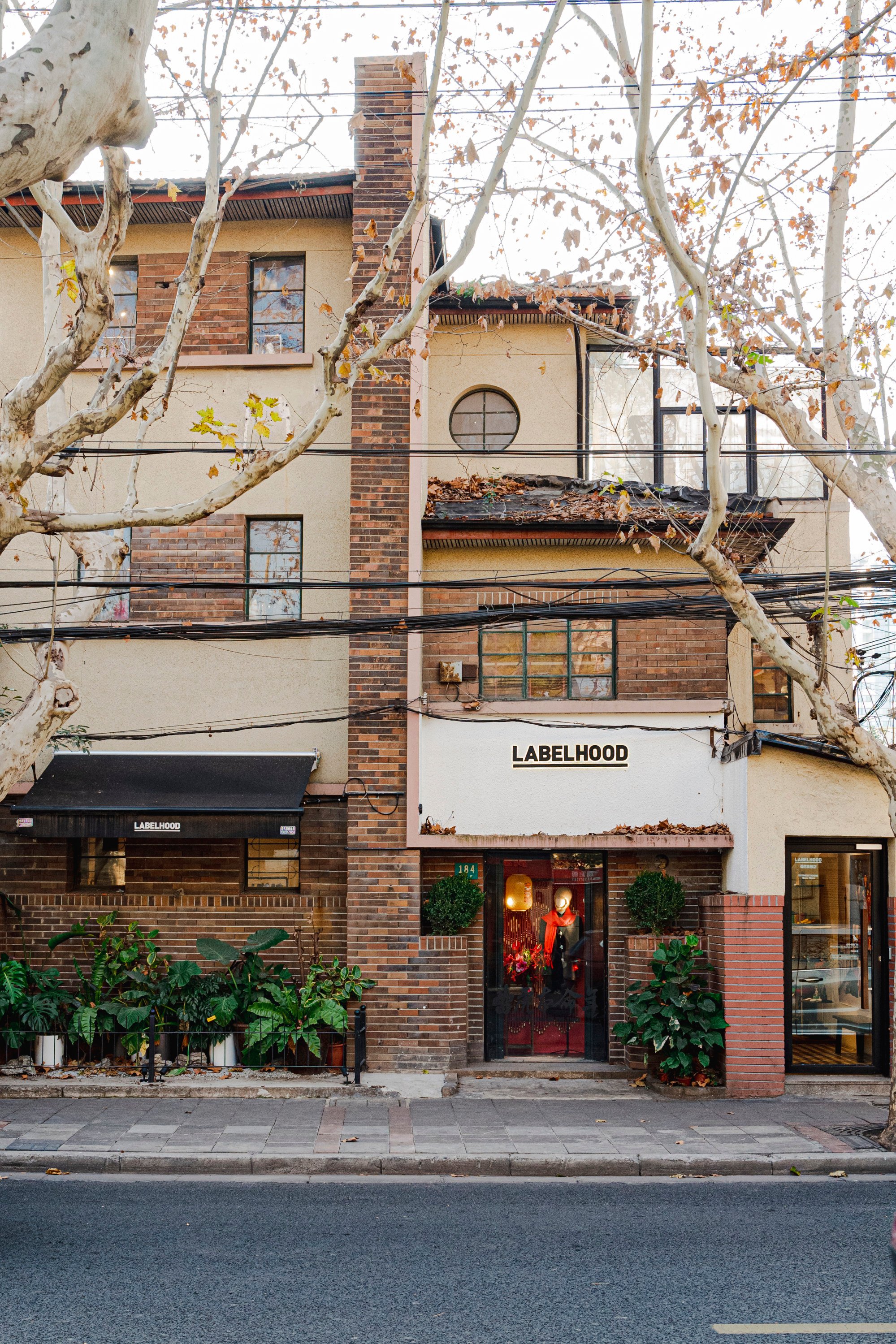
Liu was able to carve out a niche by becoming the go-to destination for up-and-coming Chinese talents. Since then, she has managed to expand her offering to include another boutique, A Surname by Labelhood, which carries international names – although customers are still drawn to Labelhood for its unique positioning.
“We are always top of mind for shoppers looking for Chinese designer brands because we have become an incubator for talent. In the past 10 years we’ve only promoted Chinese designers and even partnered with the likes of Shanghai Fashion Week. I’d say around 95 per cent of Chinese independent designers started with us,” says Liu, who has worked with names including Shushu/Tong and Xander Zhou.
A similar story is playing out at McMullen Boutique, the chic Oakland, California-based outfit named after its founder, Sherri McMullen. The former Neiman Marcus buyer opened her store back in 2007, and it’s now a favourite with Bay Area locals and international visitors alike.
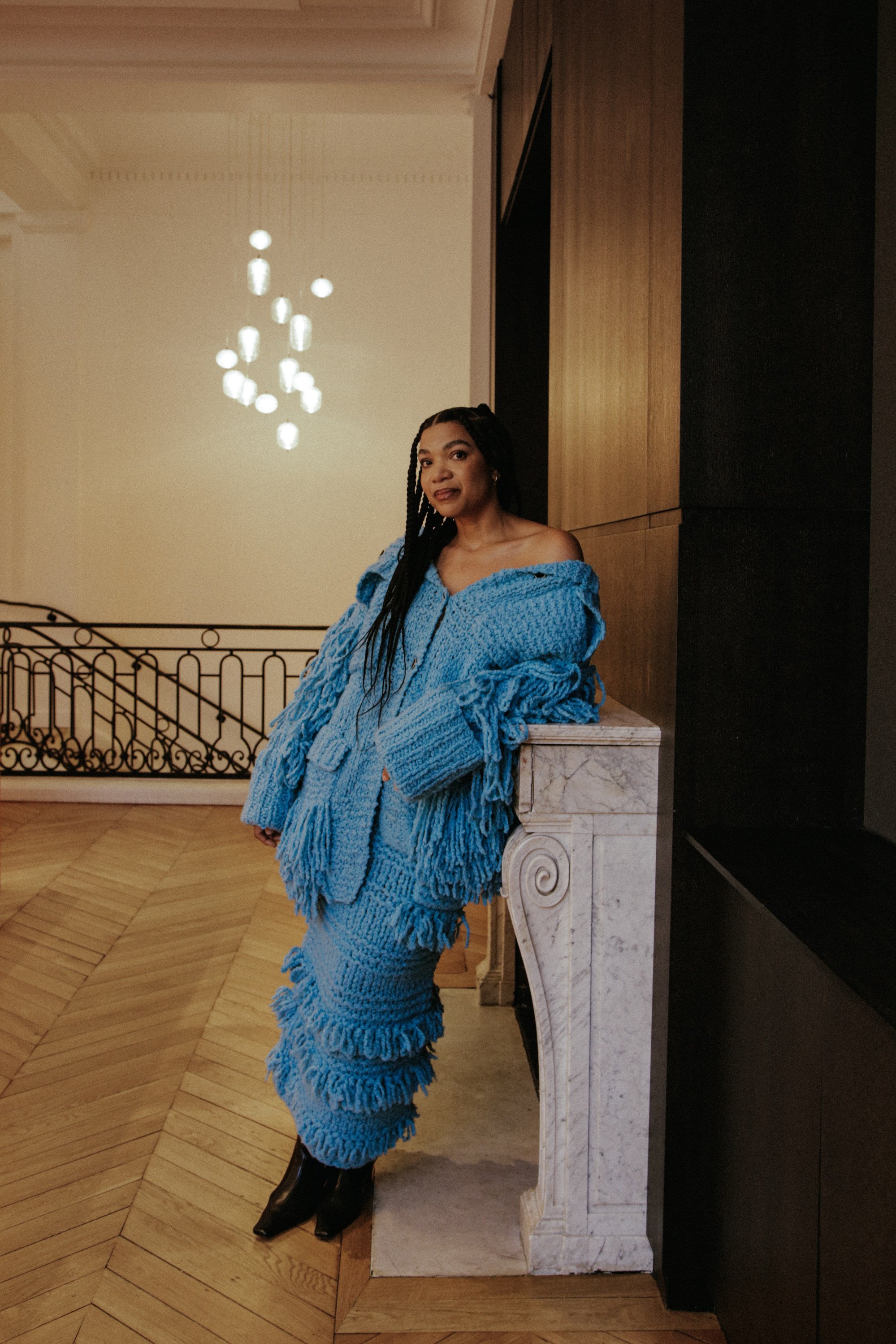
McMullen’s eye for style has seen her champion some of the most talented names in the business, way before established department stores and other competitors. For example, she was one of the first to stock popular African-American designer Christopher John Rogers as well as chic brand Diotima, whose luxe take on Jamaican craftsmanship garnered an LVMH Prize nomination last year.
“Independent retailers have always been at the forefront of curation and expression. We can champion young designers and take more risks. I have always been most excited about bringing in designers who have a strong point of view, and I am emotionally drawn to those brands that move me,” says McMullen.
“I know how important those first orders are to them and how that initial investment can be so meaningful to their business. In return, we gain a new partner, a new brand that keeps our assortment fresh and innovative.”
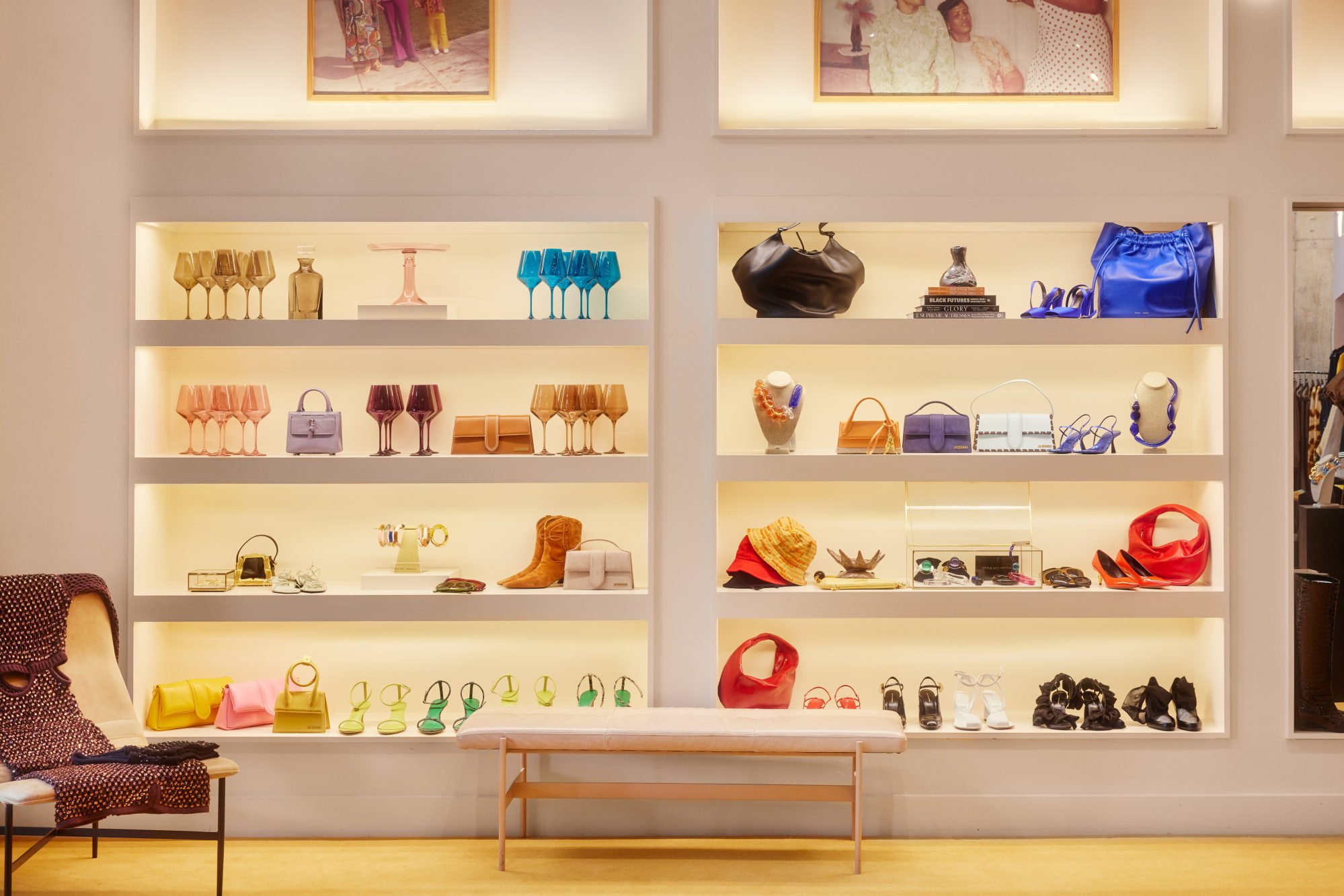
The lure for the independent boutique customer isn’t just the curated selection of designer brands on offer, but also the passionate founders who discovered them in the first place. Many have become trendsetters and cultural influencers in their own right, which not only lends to their credibility but has allowed them to engage with current and potential customers.
Take, for example, Andreas Murkudis, one of Germany’s most renowned retailers. He owns and operates three eponymous stores in Berlin, which are known for their cool, gallery-like vibe. Unlike many other independent retailers, the stores do not offer online shopping – but this hasn’t prevented Murkudis from growing an active online following.
“I share not only the products we have in store but also insights from my travels, visits to showrooms, and information about upcoming events and projects we’re hosting,” he says. “The feedback has been overwhelmingly positive, and the number of followers has been growing steadily. Along with our newsletter, it’s our main communication platform.”
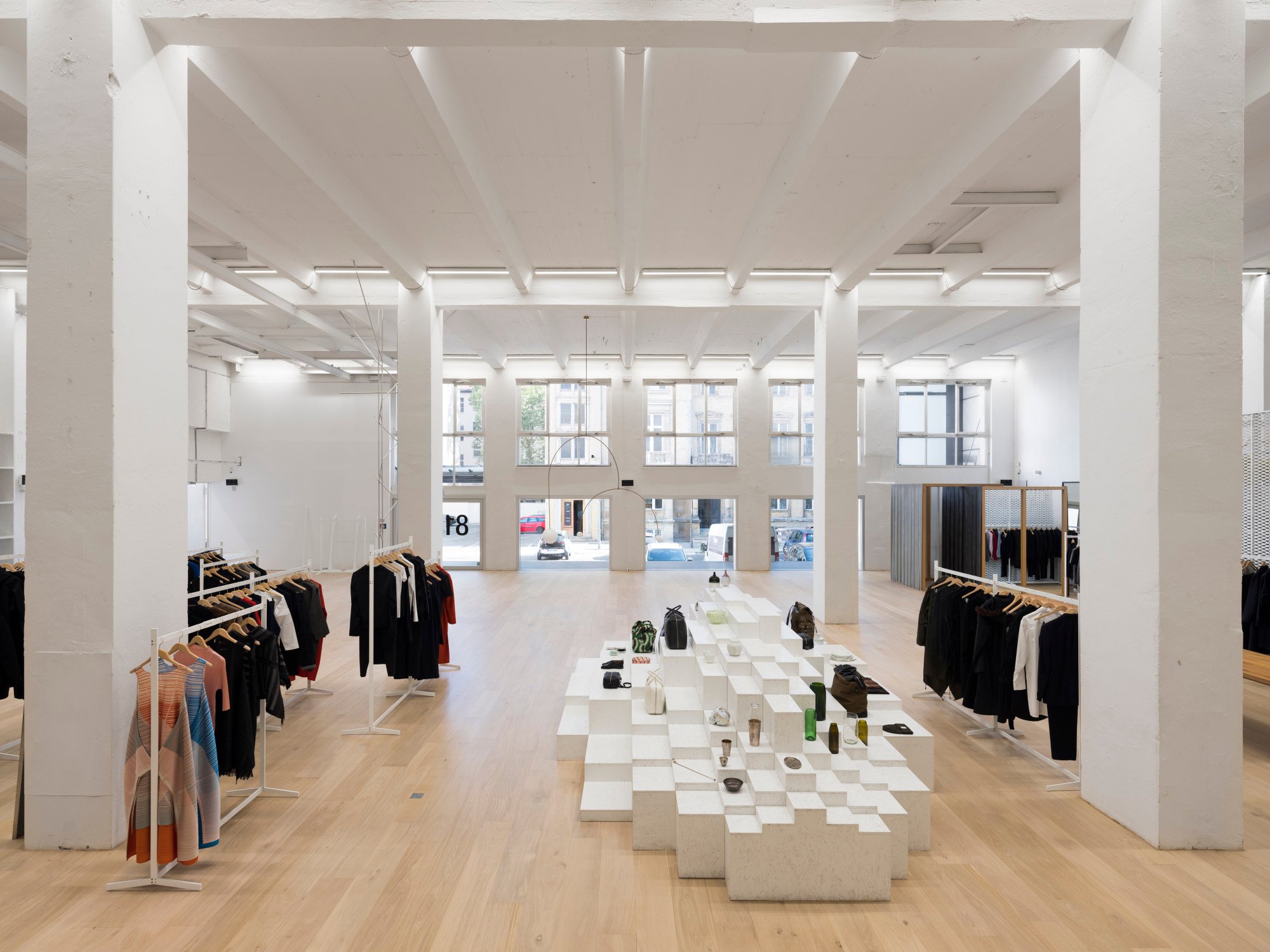
The virtual growth has translated into physical success, too. “Followers will either order products they see in our Instagram Stories via direct messaging, or come to the store with a screenshot in hand and ask to try the piece on,” Murkudis explains.
Naturally, the biggest advantage these boutiques have over their online counterparts is their physical space. In many cases, stores have become destinations in their own right – Murkudis’ main store, for example, is located at the former printworks of the Tagesspiegel newspaper, a setting known for the expansive windows and high ceilings that give it a museum-like atmosphere. Other locations double as transformative event spaces where customers can see new collections or enjoy fun cross-collaborations with other creative industries, from art and design to literature.
“The in-store experience remains invaluable, and nothing quite matches the interaction, the feeling and personal touch that a physical store can provide. It’s where the magic happens and customers can feel and experience our brand first hand, and receive personalised service from our stylists,” says McMullen.
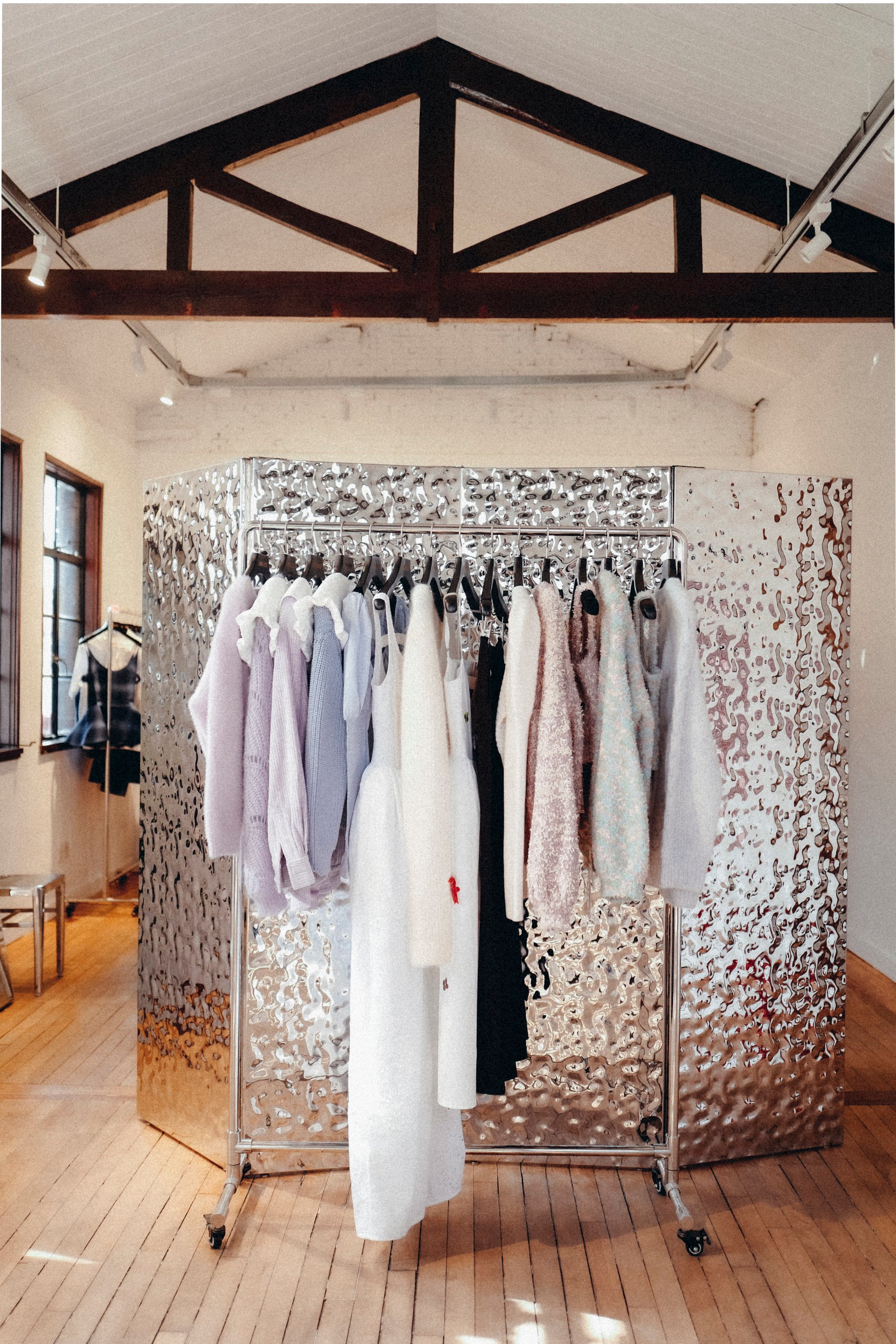
For Liu, the physical store is the first touchpoint for customers to experience not just the store’s unique point of view but the level of service it offers.
“Of course, my customer will also shop at another department store or compare prices and products, but they come back to us because of the relationship they have with the sales manager. Sales staff are the first port of call, and can make or break a business,” she says.
As the landscape evolves and more retailers, both offline and online, come and go, Stephens believes that despite the challenges, independent boutiques will always have an audience.
“The inherent strength independents bring to the market is the energy and focus of being founder led. Founder-led businesses tend to be acutely in tune with customers, quicker to respond to social shifts and consumer trends, and very hands on with their products and designs,” he says. “They very often stand for a clear point of view that their larger competitors lack.”
5 boutiques that should be on your radar
A’maree’s, Newport Beach, California
Overlooking the Pacific Ocean, this Californian mainstay is known for its cool, laid-back vibe, and showcases high fashion brands like Comme des Garçons and Alaïa alongside luxe staples from independent brands.
The Broken Arm, Paris
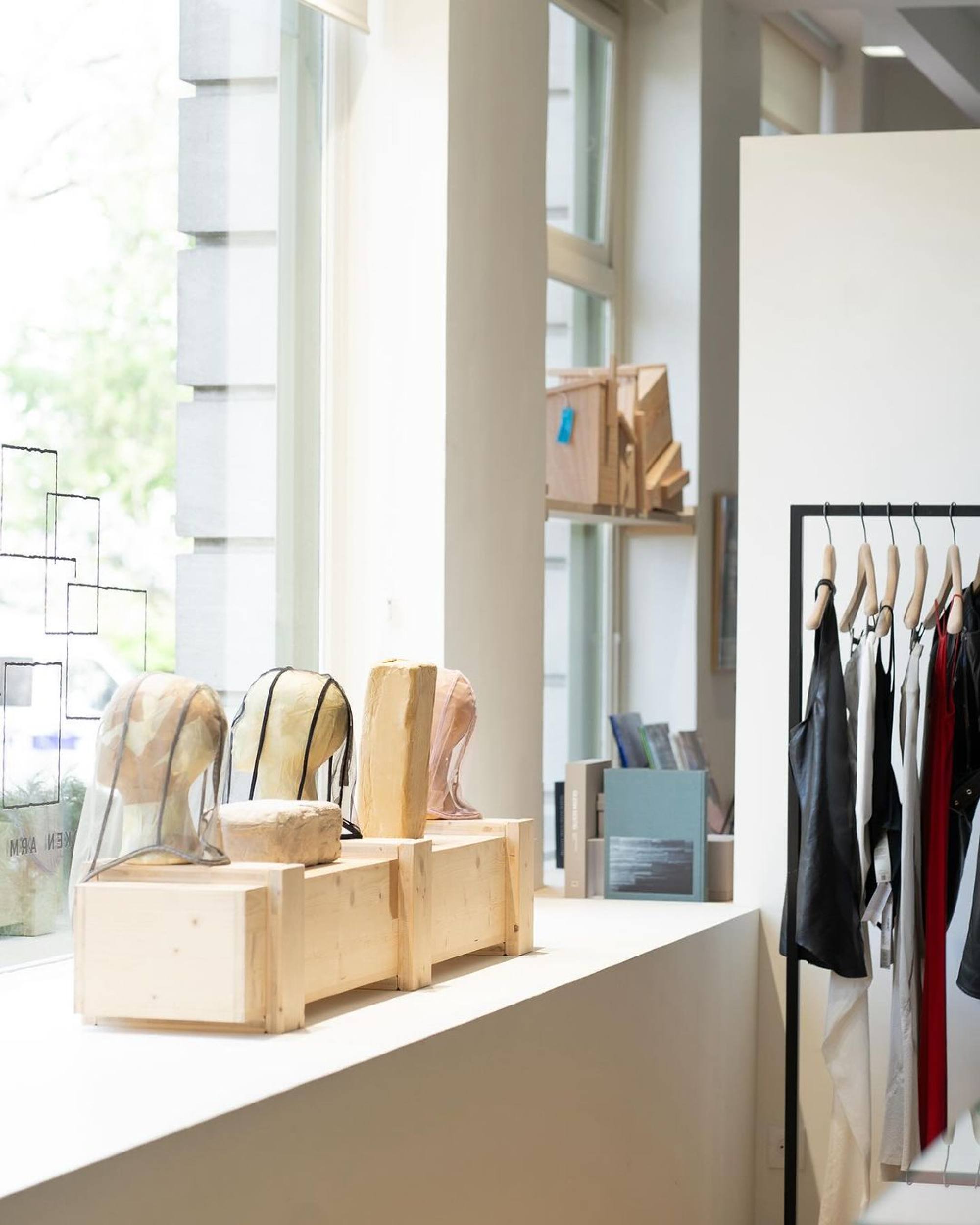
Located in the creative Marais district, this cool yet casual men’s and women’s boutique also boasts a popular coffee shop, and lifestyle items such as vintage vinyls and design books.
Essx, New York
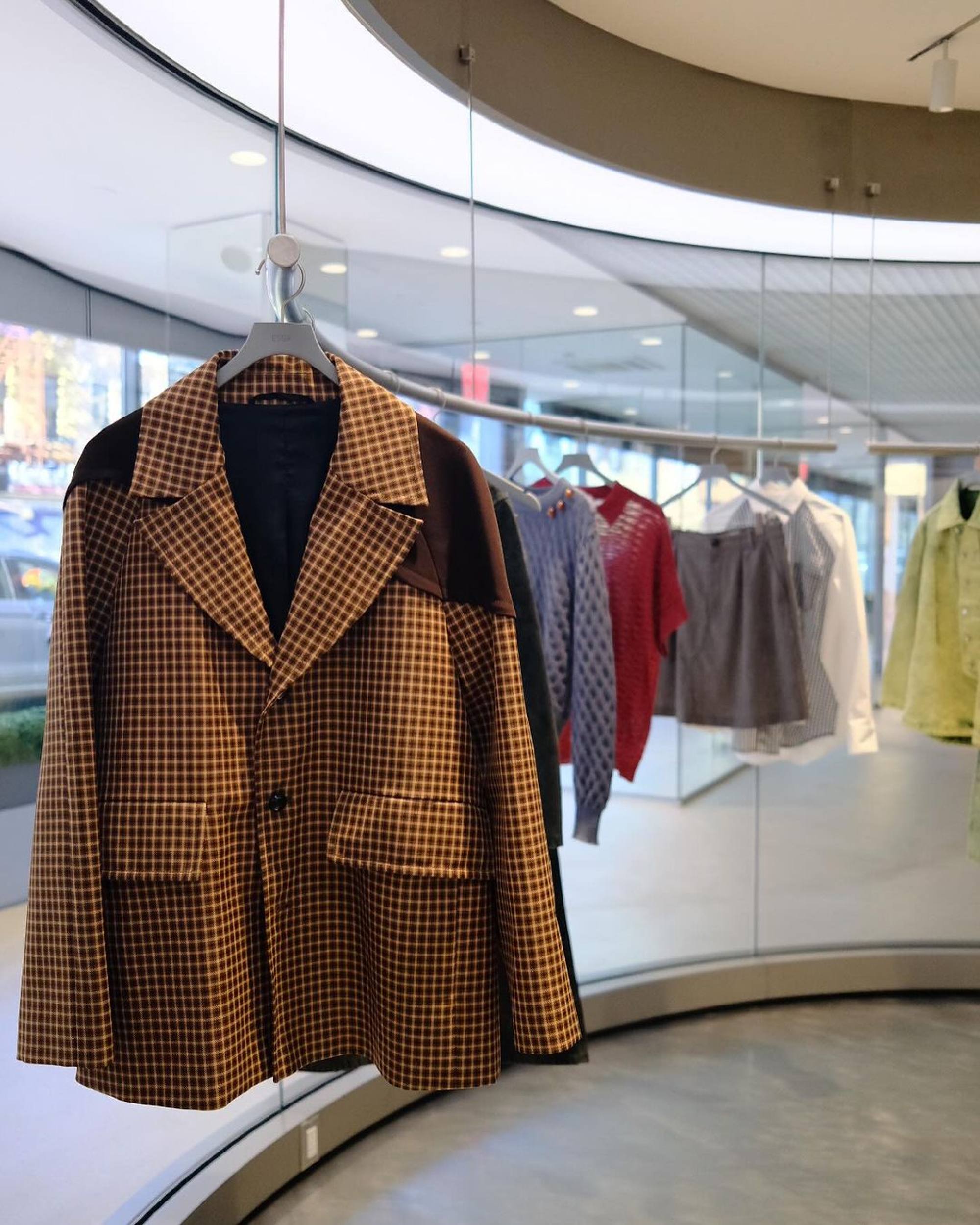
New on the scene, this whopping 7,000 sq ft space in the Lower East Side has a modern streetwear vibe, and features creative labels like Martine Rose, Maison Margiela and Wales Bonner.
Le Mill, Mumbai
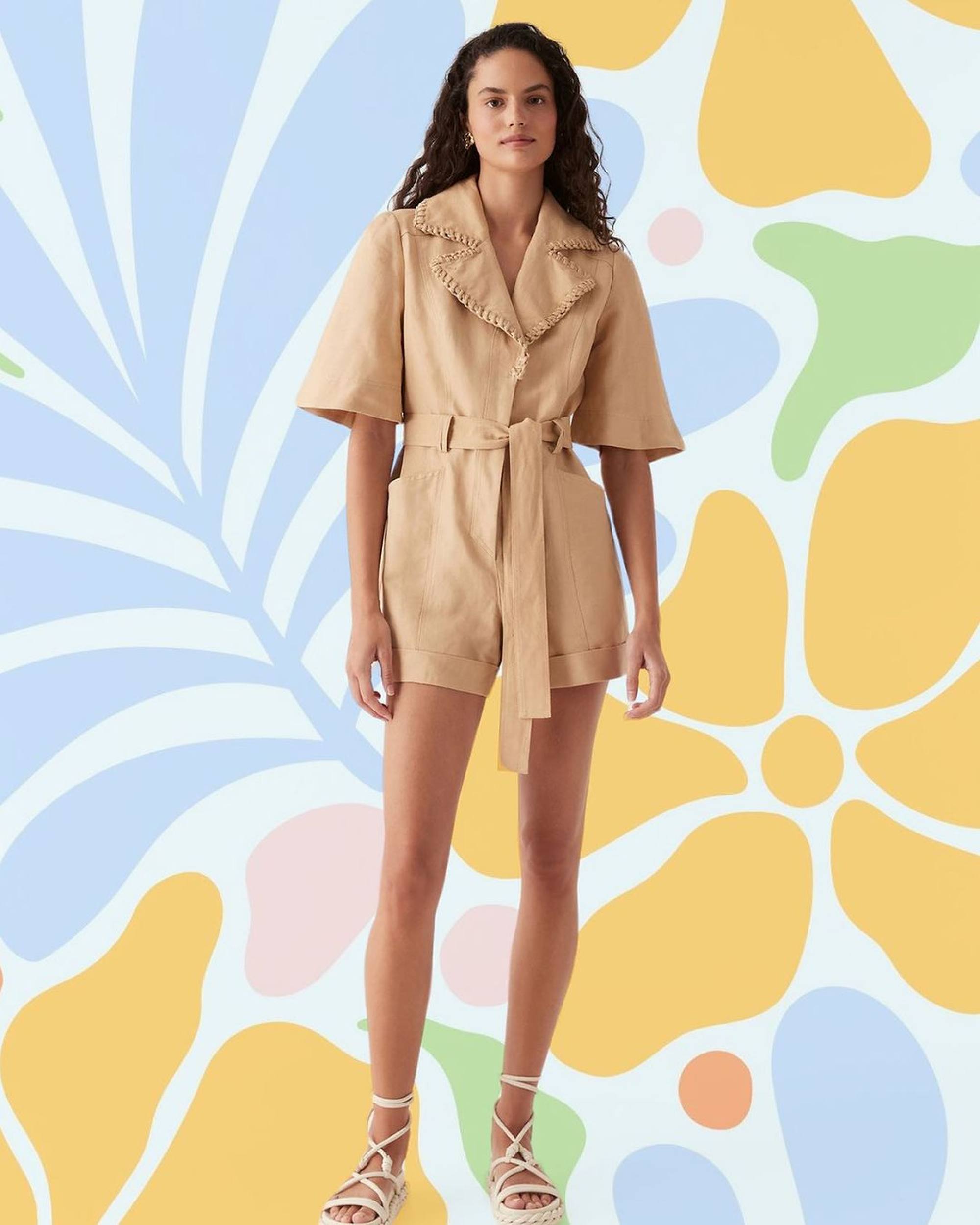
Housed in a massive warehouse space in the heart of the city, this boutique – which also features a chic cafe – is run by two French transplants. Expect to find a range of international brands alongside famed Indian designers.
Machine-A, London
Located in the heart of Soho, Machine-A is known for highlighting the best British fashion talent alongside a selection of hip labels like Y/Project and A-Cold-Wall.

